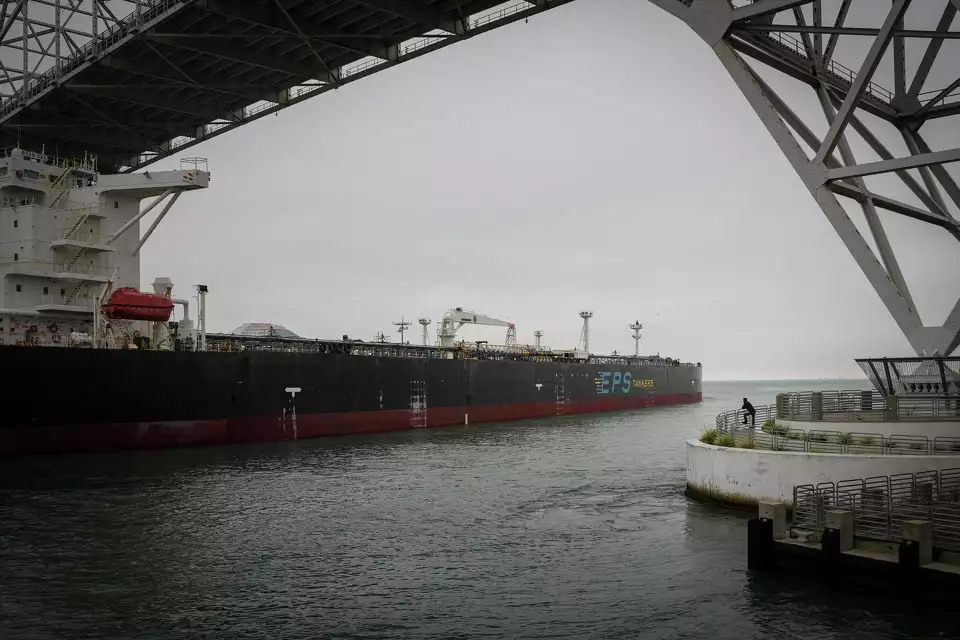Wyoming lawmakers have been loudly vocal and steadfastly against President Biden’s energy policies. 14 other states feel the same way and have partnered in a lawsuit to challenge the administration’s temporary suspension of new permits for terminals to export liquefied natural gas via ocean-going tankers.
Now, Texas and Louisiana have joined the suit. Filed this past week, the suit names President Joe Biden and the U.S. Department of Energy in asking a judge to overturn the policy.
16 State’s Attorney Generals are arguing that the temporary suspension goes against the intentions of Congress and that the federal government lacks the authority to deny the permits.
In a statement, the Texas Attorney General echoes the same reasons that lawmakers in Wyoming and other states have given, saying “The ban will drive billions of dollars in investment away from Texas, hinder our ability to maximize revenue for public schools, force Texas producers to flare excess natural gas instead of taking it to market, and annihilate critical jobs.”
Experts have warned that a pause, no matter how long, could adversely affect more than a dozen liquefied natural gas (or LNG) export terminals that have been designed and planned to be built in the oil- and gas-rich Gulf Coast. LNG is gas that has been super-cooled to make it liquid so it can be loaded onto tankers and transported and sold to countries around the world. The United States has quickly risen to become the world’s largest exporter of LNG. since 2016, exports have boomed along with rapid growth in extraction from gas fields in Texas, Louisiana, and New Mexico due to less expensive, more efficient production technologies.
Facing pressure from different environmental groups, the Biden administration announced in late January of this year that it would pause permitting until the Energy Department could review the economic and environmental impacts of new projects using LNG.
Since taking office, President Biden has been adamant about weaning the U.S. off of fossil fuels, creating and implementing policies that favor renewable energy sources like wind and solar. “The current economic and environmental analyses DOE uses to underpin its LNG export authorizations are roughly five years old and no longer adequately account for considerations like potential energy cost increases for American consumers and manufacturers.”
The highest demand for LNG are in countries in Europe and Asia.
States joining Texas and Louisiana in the suit are Alabama, Alaska, Arkansas, Florida, Georgia, Kansas, Mississippi, Montana, Nebraska, Oklahoma, South Carolina, Utah, West Virginia and Wyoming.










